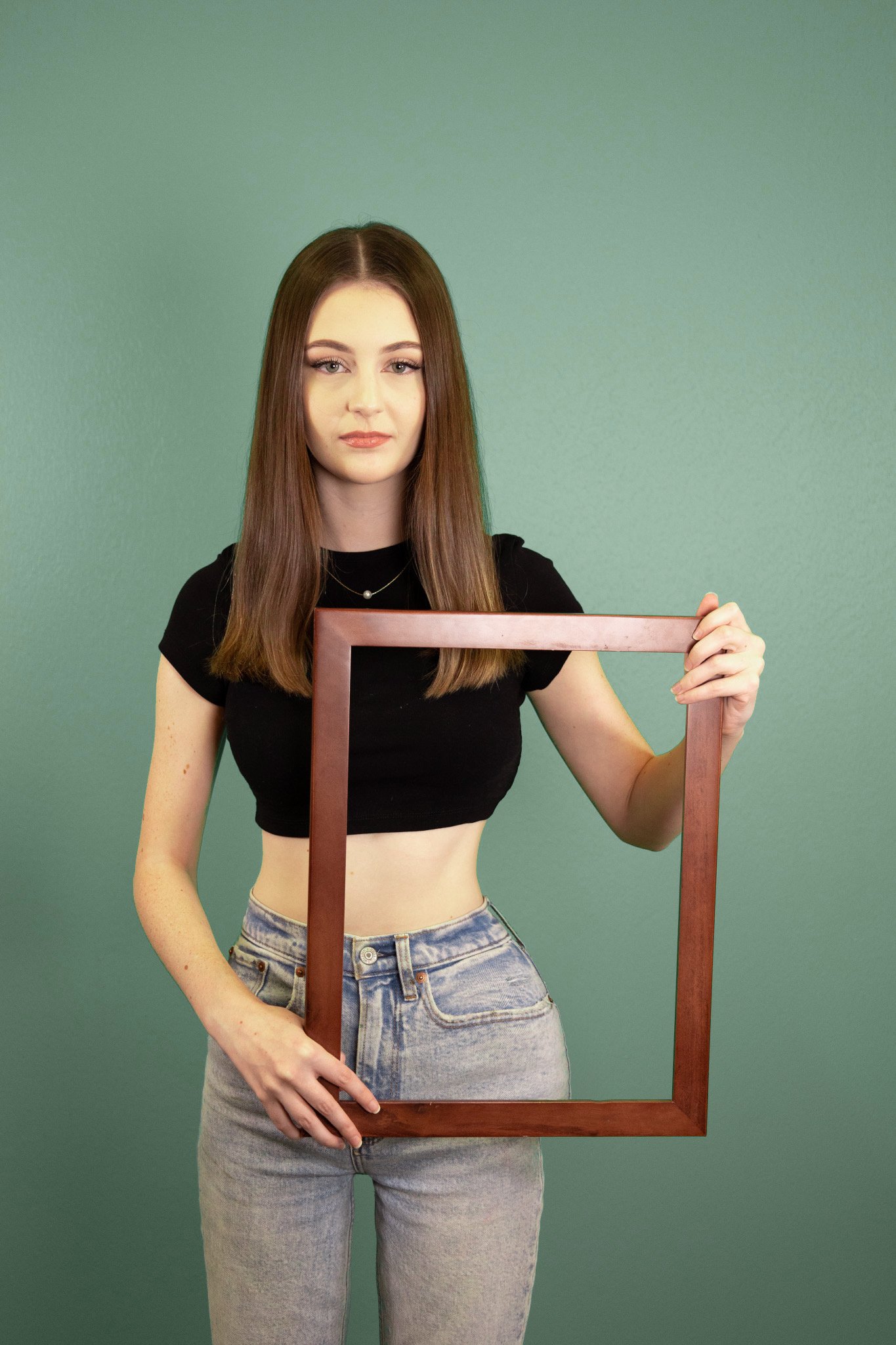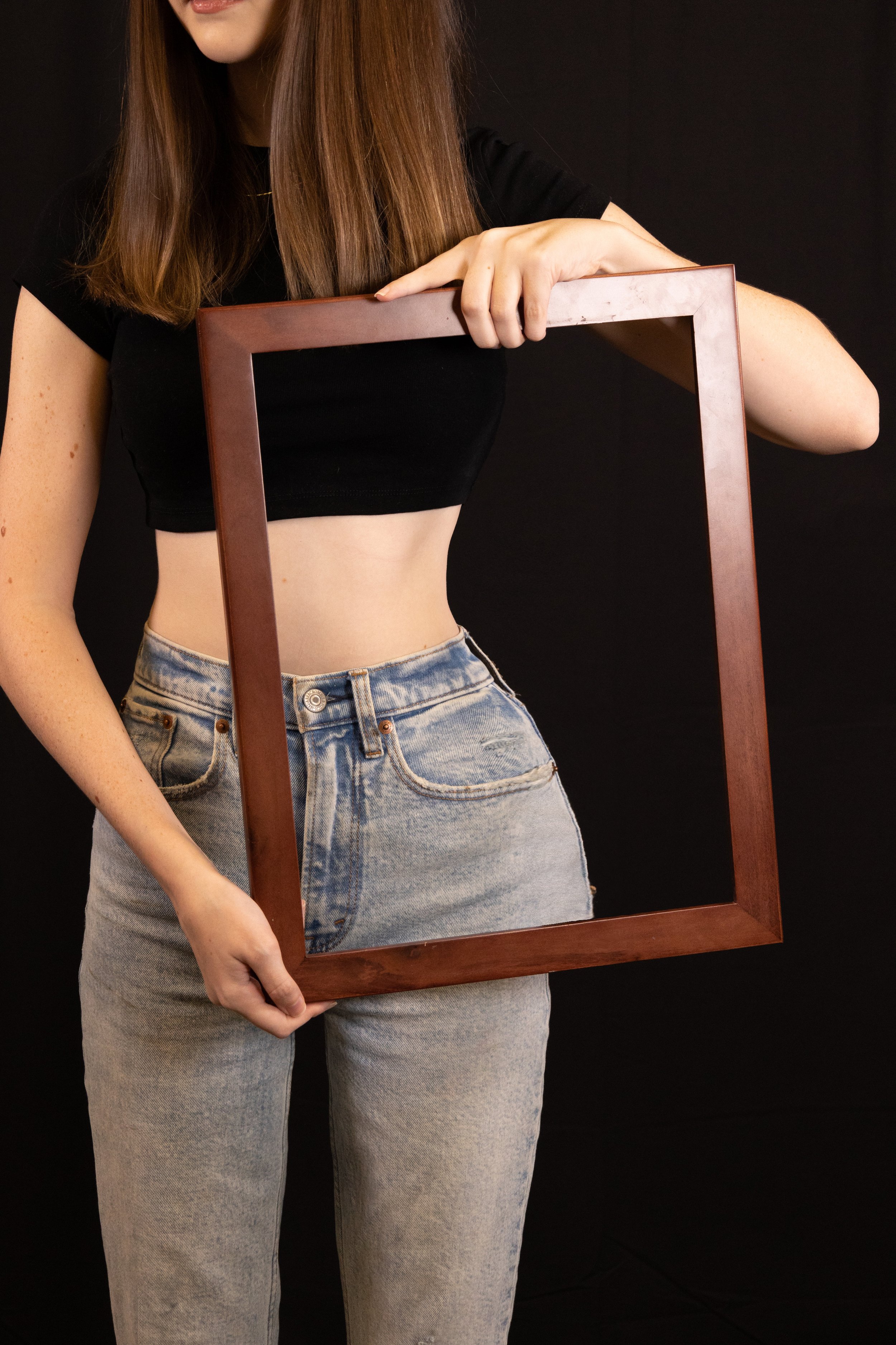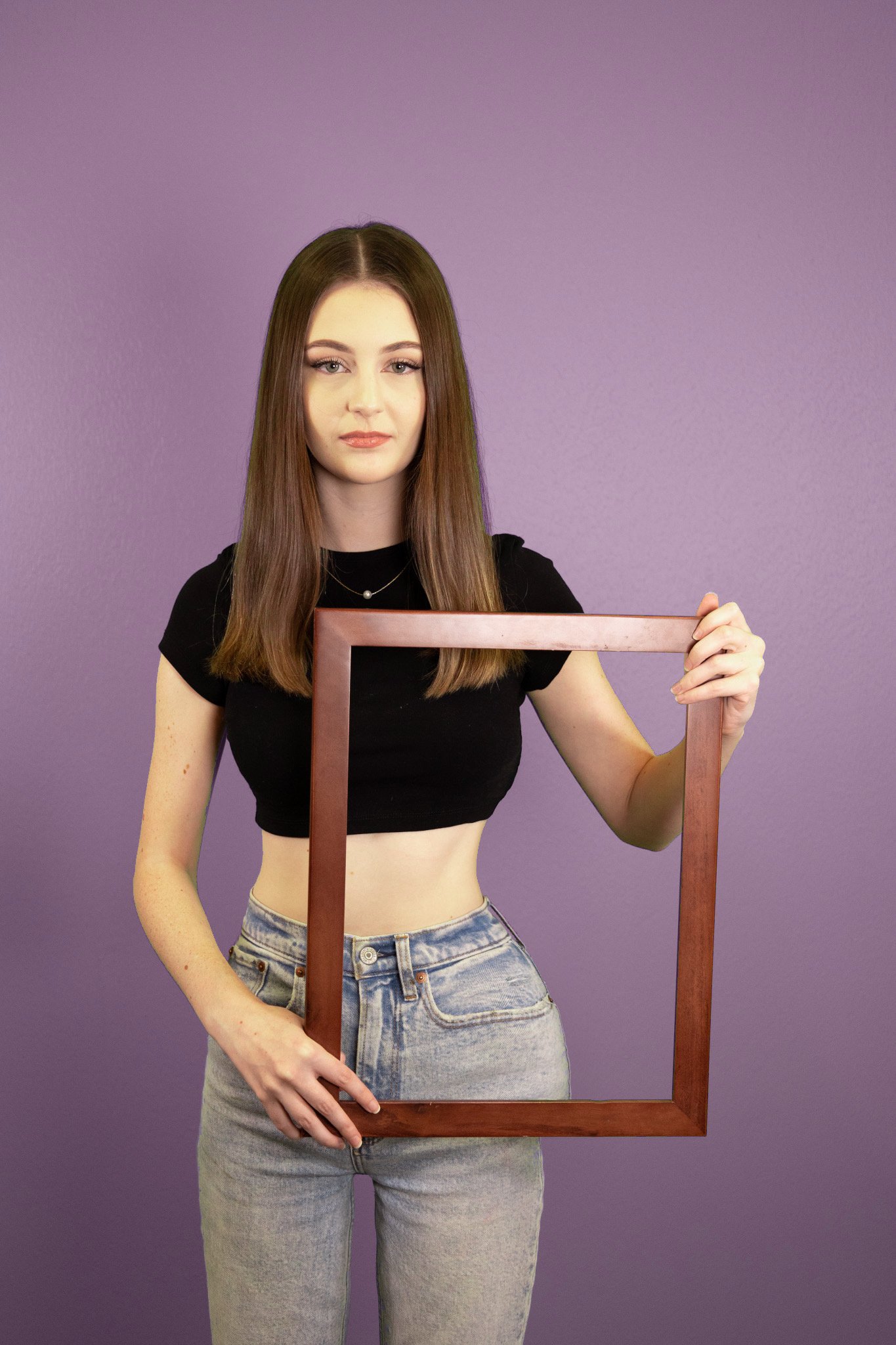It’s Time We Drop the Photoshop
A preteen’s first trip to Sephora; there are bountiful words to describe it. This metamorphosis from a makeup novice to an up-and-coming beauty icon was exhilarating, it was a coming of age, and in the end, it was a massive disappointment. At least, that's how it was for many young people. Many of us went in expecting to find products that would give us that perfect pout, make our eyelashes touch our eyebrows, and make our skin appear flawless. How could we think otherwise when we see these kind of images constantly in media and advertisements alike? When you pick up a bottle of foundation, the massive cardboard cutout on the endcap doesn’t usually show a woman with blemishes and texture in her skin. Is this because the model has spotless skin? Not at all. In actuality, the vast majority of the photos that we see in advertisements have been photoshopped, whether heavily or with an unclockable light hand, to give the impression that their product is really just that good.
Adobe Photoshop is a, “computer application software used to edit and manipulate digital images.” The success of this software eventually led to the term “photoshop” being used colloquially to describe any application that had the capacity to alter images. We see photoshop incessantly in our day-to-day lives, whether we are conscious of it or not. Contrary to what the name may suggest, even videos can be photoshopped. You may ask yourself: is photoshop really that bad? The answer to that question is twofold: while using a program such as Photoshop to alter things such as saturation and exposure is not necessarily harmful, using it to alter peoples’ bodies and faces can stir up some trouble.
Currently, more and more consumers are taking their shopping virtual–a fact that shows no signs of slowing or stopping in the near future. Online shopping has heaps of advantages over in-store shopping (think time saved, lack of crowds, and constant deals). However, buying items such as makeup and clothing online hinders your ability to test out products before draining your debit card. Sure, some online retailers allow returns, but others do not. Also, who really wants to go through the effort of shipping something back? The lack of product trial wouldn’t really be a deal breaker if it weren’t for photoshop. Photoshop allows retailers to alter the appearance of their products on models, in turn giving consumers false expectations for how the product will look on them. While there are some obvious offenders, like Fashion Nova and Shein (sorry not sorry), most brands nowadays are guilty of this. It is not logical for buyers to be expected to hand over their wallets for merchandise if they have no clue how a piece of clothing will appear on their bodies.
We live in a society obsessed with physical appearance, to the extent that some people can rise to stardom off of looks alone. Being surrounded by such a heavy emphasis on physical aesthetic makes it nearly impossible to avoid falling into the trap of comparing yourself to others. The problem becomes confounded when people are not only comparing their appearance to others, but to the facade of a photoshopped image. An article published by Insider explains that Dr. Jill M. Emanuel, senior director of the Mood Disorders Center, stated that photoshop, "creates a distorted fantasy world and raises the bar on what people perceive is 'the best' way to be." Additionally, the New York Times found that, “many students said that social media has been ‘detrimental’ to the way they feel about their looks,” due to photoshop and filters. When altering images to this extent has been proven time and time again to be harmful, it begs the question: are there any brands that stray from this norm of Photoshop?
The rise of ideas such as body positivity and inclusivity have been accompanied by an advertising trend of posting photos sans photoshop. While not every company–or even the majority of them–has hopped on board, certain brands have excelled at leading the revolution toward photoshop-free campaigns. Both beauty and fashion brands have begun implementing this style of advertisement. Among these are big names (such as Target, CVS, and Aerie) as well as companies that you may not have heard of (like SK-II and SPKTRM Beauty). Being cognizant of the detrimental effects photoshop can have on both body image and product reliability, we hope that going forward more companies will opt for photoshop-free advertising.
Written by Chloe Foster, Photography: Mackenzie Palmer



